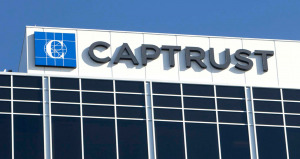
Indiana-based banks see stock-price rebound on horizon
Most of Indiana’s 14 publicly traded banks have seen a significant drop in stock prices at some point this year, in some cases falling more than 50% from their Jan. 3 prices, the first trading day of the year.













